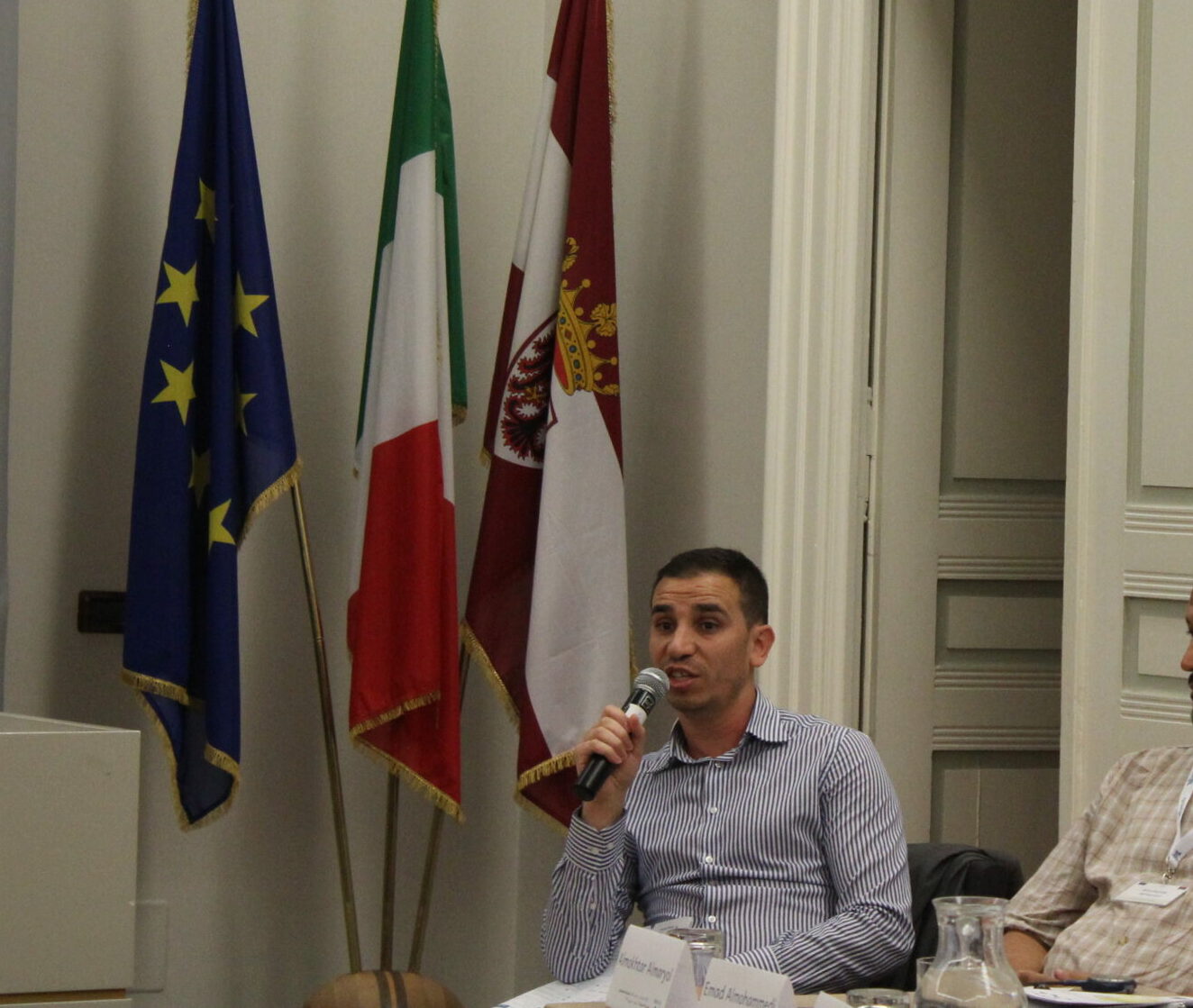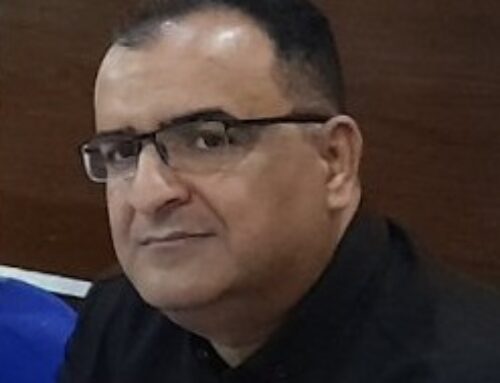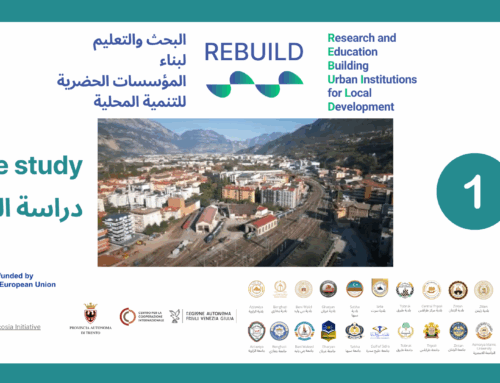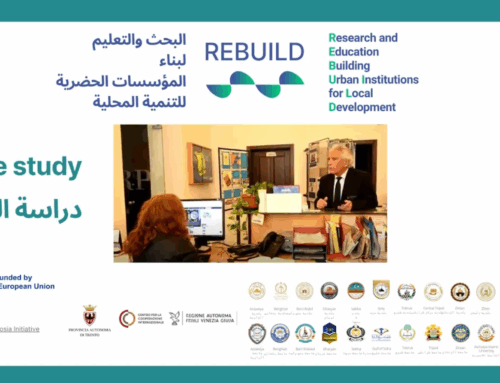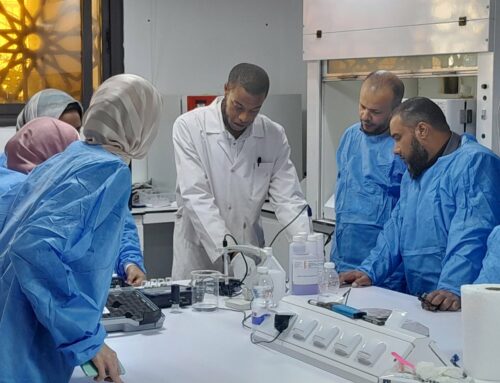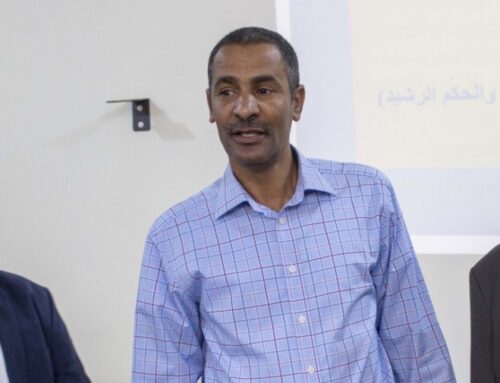Abdullah Bataineh, Expert of local development and capacity building
International Cooperation Centre
First of all, if we think about the word TOT: that stands for Training of Trainers, we might think why the trainer needs training, if he or she is already a trainer. This is the main point of this article, because every trainer either a professor/teacher/instructor, needs to be trained according to the topic and audience he or she needs to teach.
Knowledge, preparation, experience are not questioned, but when it comes to sharing it with others, then they might not use the best way of teaching/training/communicating this knowledge.
Therefore, TOT matters here to transform them into successful trainers/speakers. The good trainer needs to use his/her words, emotions, and tone to express his/her ideas and speeches. He/she should be at the same level with his/her audience and should therefore adapt his/her teaching style to all of that.
In our case, the TOT matters because we are training university professors/instructors and our/their target trainees are employees at the municipalities (adults and old people). So, we have to define together with them an effective way since training for adults is different from teaching at the university. There, the students need to pass the exams and that’s why they have to study whether they like the course/professor or not. Training adults needs you to motivate them, to use the learning by doing, a lot of conversations, group work, and many other methodologies. A lot of the trainees are older than the trainers and this requires them to choose their best words, and watch out for their body language. Some of them might be more expert than the trainer in some topics as well. So, the trainer should be trained in order to prepare him/herself, his/her materials, and run the classroom in a perfect manner.
In the 2 times that we provided a TOT in presence in Tunisia for our trainers at REBUILD project, we really noticed that many of them have full knowledge and capabilities; but they appreciate support on how to use these. Most of them changed their presentations and teaching style after some days of the TOT; they commented that they were more of professors than trainers. Many of them said that they benefited a lot from the TOT that we provided, as well as, from the knowledge that was shared among/between them.
When a trainer attends a TOT, he/she benefits from every trainer or speaker, because he/she starts to see their strengths and customize them based on his/her teaching style. Their teaching style at the university has probably changed as well.
Accordingly, the TOT really matters.
—

